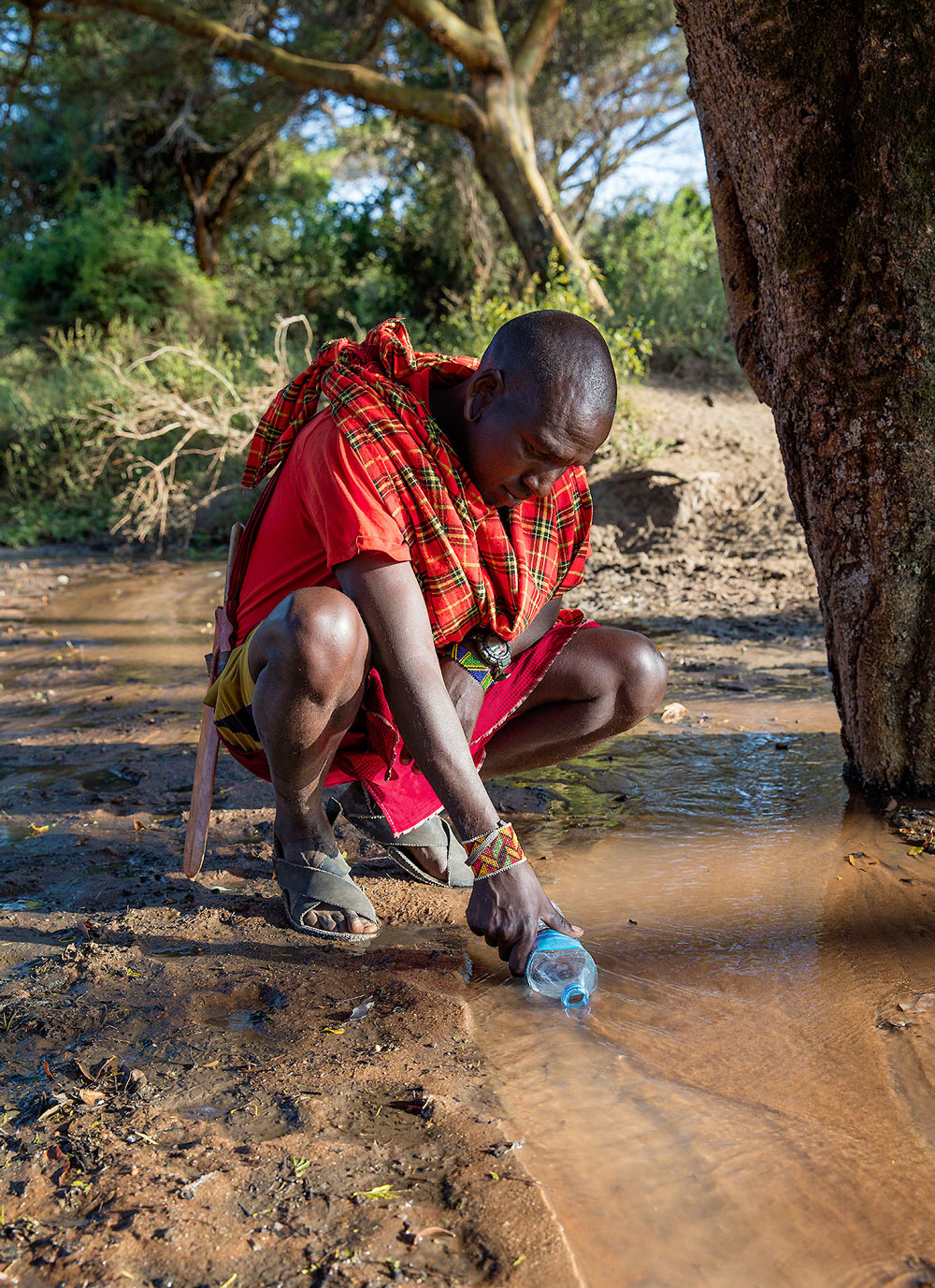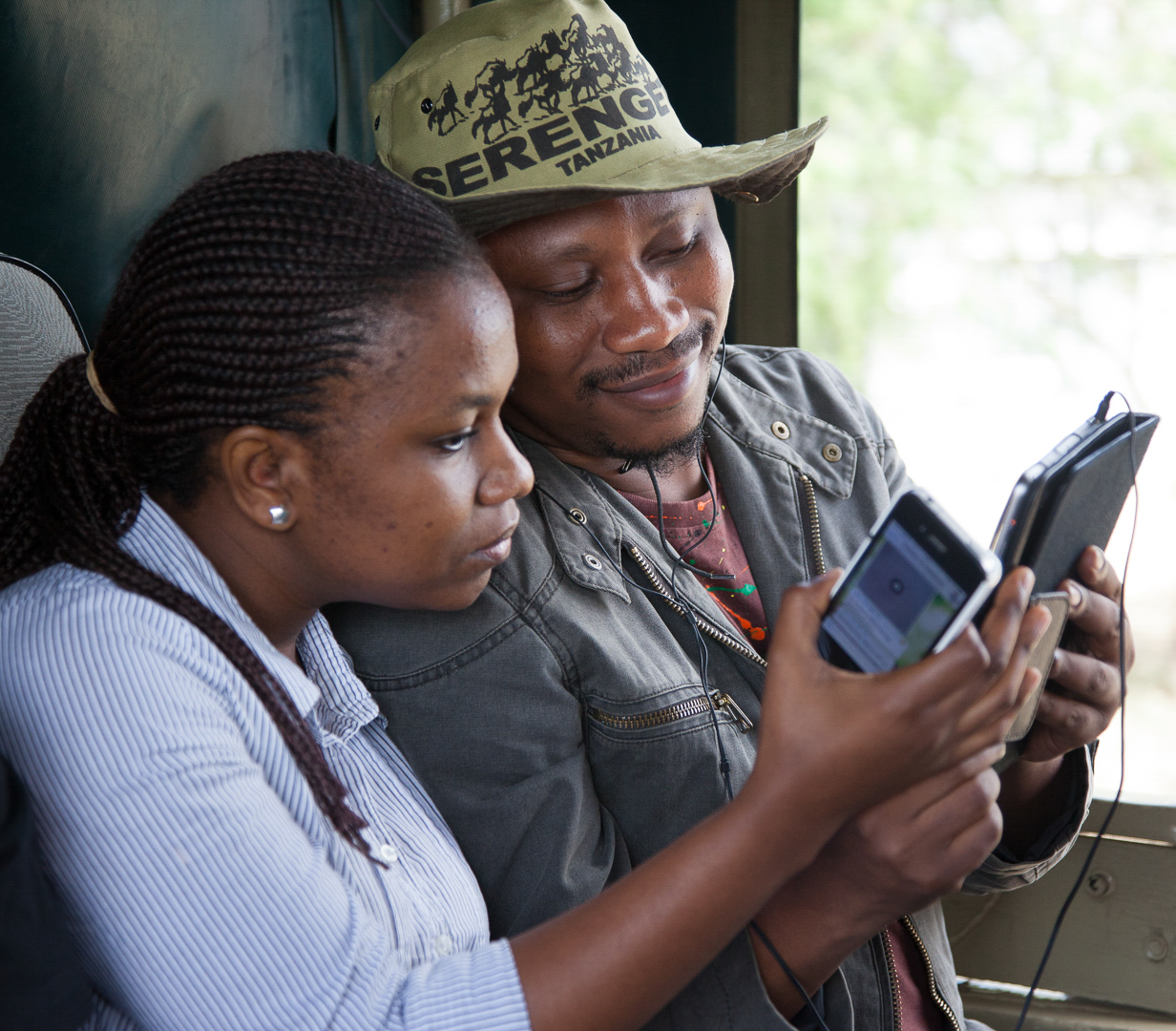




Using the 3Cs as an approach to each phase of research provides a consistent framework. The 3Cs as a thematic approach help to illuminate each phase of research and the process as a whole. Managing the social aspects of research requires an ongoing commitment. The 3Cs offer a way to better understand each phase and link each phase through this understanding. They are a basis for an ongoing commitment to understanding the social context of research by scientists themselves. Furthermore, focusing on cooperation, context, and communication highlights the dynamic and interconnected dimensions of research.
The collection of insights above reveals that research is a dynamic and interconnected process. Scientists remark on changes to plans, context, and understanding throughout the research process. Research must be structured and adaptive. Scientists also highlight the connections between phases of research. They influence one another, and as a phase changes, the entire process changes. By using a thematic framework, these broad insights can be seen. These broad dynamics become more apparent by using the 3Cs as a framework. Furthermore, these insights also emphasize the importance of having a structured but adaptive framework during a dynamic and complex research process. Balancing a clearly defined approach while keeping an open mind is not an easy posture to maintain throughout the research process. The 3Cs offer one way of maintaining this posture such that clarity and new insights can emerge. They open the possibility for new information about the social context of research to enter scientific discourse.

Taboo Topics in Conservation Research of African Ecologies
Social critique about Africa often focuses on disparities and inequality in the political and economic spheres. These disparities and inequalities reflect the legacy of colonial violence, the unequal treatment of women, structural violence along the lines of ethnolinguistic groups, and corruption vis-à-vis the illegal siphoning of funds for the personal gain of elites. There is emerging understanding that these social ills are, in many cases, related to one another, both historically and at present. While many scholars have focused on the influence of these problems in economic and political spheres, little attention has been given to these problems in science.
There is a growing understanding among natural scientists about economic disparities and inequality in communities that neighbour conservation areas; however, natural scientists have given limited attention to how these problems of economic disparities and inequality manifest in the production of science. By focusing on the social context of scientific research, the production of disparities and inequality in scientific procedures can be identified and, ideally, addressed. Scientists are beginning to develop analytical frames to study problems in local communities, but scientists also need to use comprehensive frameworks for studying these problems within the scientific community as an independent context and one that is part of the communities in which scientific research is conducted. Scientific research projects are not immune to the problems of Africa’s social history, and the scientific conservation community is required to turn its critical lens towards itself. This reflective gaze generates uncomfortable truths. Social inequality exists in research as perceptions that shape reality and as part of reality that goes unperceived. Both produce bias. However, the social nature of these problems means that scientists can work to change the production of both science and social inequality.
This text is one attempt at describing the experience and recommendations of scientists working in an interdisciplinary and international research project. Reflections from other projects are needed and welcome.
